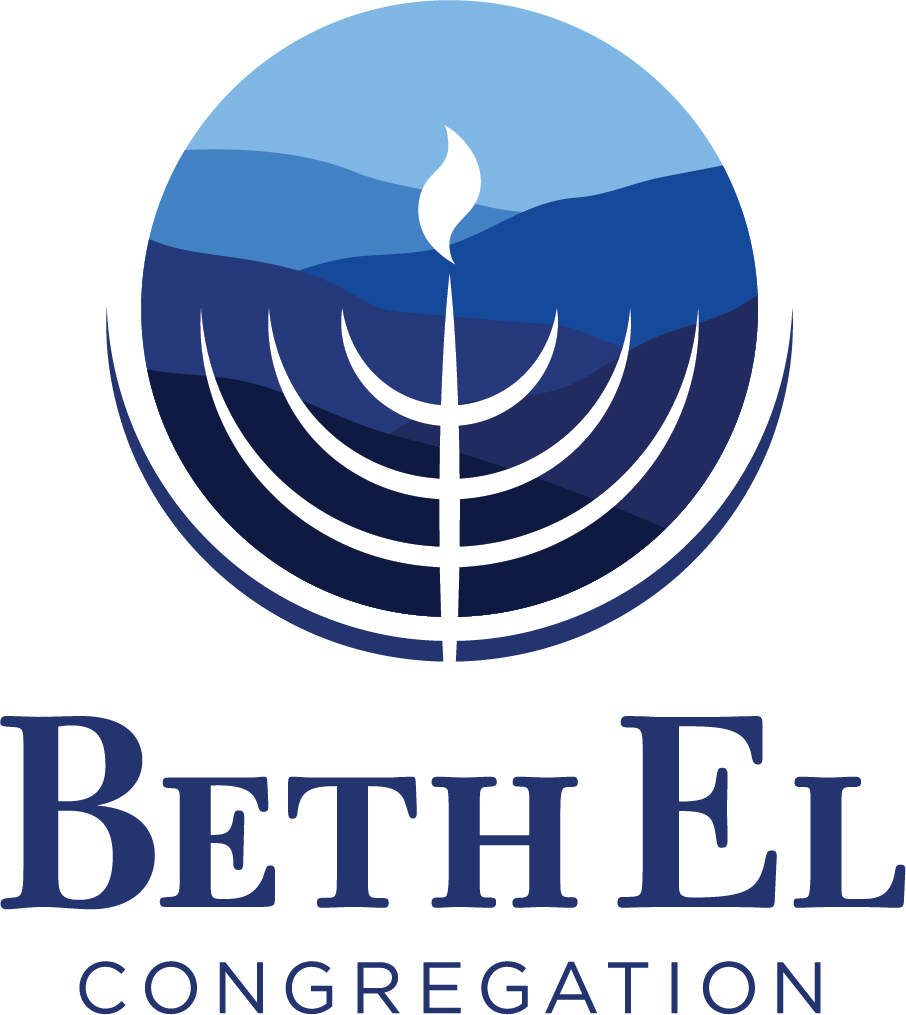D’var Torah – July 11
Shabbat Shalom.
I pray this finds you all well.
One of the things that I appreciate most about Hebrew is how intentional and straightforward it is. It’s direct, it’s clear, concise, practical, and it says what it means and means what it says. For instance, a potato is a tapuakh adamah or “ground apple,” a wave is gal and a wheel is galgal (think of motion), and finally the Jewish New Year is Rosh Hashanah, literally, “Head of the Year.”
In this vein, the use of the word “house” or beit/bayit is extremely literal. A hospital is known as beit kholim, “house of the sick”; a school is called beit sefer, “house of the book”; a very famous drug and alcohol rehabilitation center in California is called beit t’shuvah, “house of return/repentance”; and a synagogue is translated as beit knesset, or “house of gathering/house of assembly.” Many synagogues have names such as Beth El (“House of God”) and Beth Shalom (“House of peace”). In other words, houses are more than physical structures of walls, windows, siding, shingles, doors, wiring, and plumbing; rather they are meant to serve distinct, important, and sacred purposes.
In this week’s parsha of Balak (Numbers 22:2–25:9), the prophet Balaam is hired by the Moabite king Balak to curse the Jewish people. However, just as he is about to condemn our people, the spirit of God overcomes him and he instead delivers one of the most iconic and memorable blessings in the entirety of Torah:
“How goodly are thy tents, O Jacob, thy dwellings, O Israel!” (Numbers 24:5)
They say home is where the heart is. As such, what should our homes look like?
Some of our holy texts provide us with insight and instruction on the matter.
In the Talmud we are taught, “Let thy house be a house of meeting for the Sages and sit in the very dust of their feet, and drink in their words with thirst.” (Pirkei Avot 1:5)
In Proverbs we are instructed, “By wisdom a house is built, and by understanding it is established; by knowledge the rooms are filled with all precious and pleasant riches.” (Proverbs 24:3-4)
Finally, Proverbs also tells us, “The Lord’s curse is on the house of the wicked, but he blesses the dwelling of the righteous.” (Proverbs 3:33)
There we have it – hospitality, learning, humility, wisdom, understanding, knowledge, and righteousness. These are the foundations and solid ground upon which a house, a dwelling, and a good life are built.
Bizrat HaShem, with God’s help, may all build good homes, sacred dwellings, and blessed lives founded upon the highest and most noble virtues. Ken y’hi ratzon, may it be His will that our homes and dwellings have names like beit mispakha (house of family), beit chaverim (house of friends), beit ahavah (house of love), and beit kedusha (house of holiness).
Wishing you a Good Shabbos and a great weekend.
Bivrakha,
Rabbi Aaron Stucker-Rozovsky
Beth El Congregation | 520 Fairmont Ave, Winchester, VA 22601
(540) 667-1889 (office)
